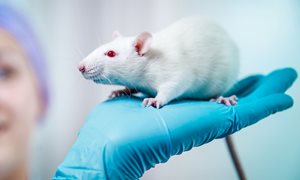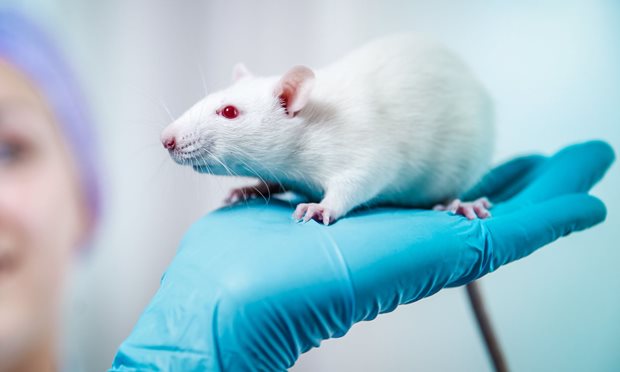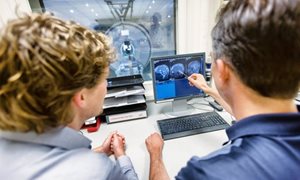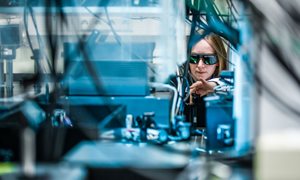

About
We offer advice and support from planning up to and including the conduct of animal research on behalf of biomedical research and education.
Expertises and services
How can we help enhance your research?
An overview of our areas of expertise and available services.
read moreHow can we help enhance your research?
We house well-trained and competent personnel that can assist you with various technical activities, varying from injections of compounds by all recognized routes and collection of tissue for further analysis up to complex surgical procedures.
Additionally, we can offer the necessary basic infrastructure for surgical research. Fully equipped operating theatres, radiology room and area for sterilization of instruments are available for academic research and industry. And we can offer the facilities for surgical product testing and evaluation and for demonstrations and instructional courses for instance for training of hospital staff.
We also house the Animal Welfare Body (AWB).
Services
- Support on experimental design
- Guidance on the application at the Animal Ethics Committee and CCD
- Support on the preparation of study plans
- Supply of most common laboratory animals and animal products
- Anesthesia support for small and large animals
- Rodent surgery including microsurgery
- Large animal surgery
- Postoperative animal care
- Drug administration
- Blood/sample collection
- Assistance in demonstrations and training courses
- Farm for housing large laboratory animals
- Unit for breeding unique genetically modified rodent strains
- SPF (Specific Pathogen Free) unit for rodents. SPF-housing for large animals is also possible.
- Isolator-unit: gnotobiology for small and large animals
- Malaria-unit: mosquito culture
- Safety units for radioactive and toxic agents
Process of animal experimentation for researchers
See the roadmap with all facets relevant to the process of correct animal research.
see pageTeams
See our four teams and their respective contact information.
Responsible animal testing
Animal Welfare Body
The AWB acts on behalf of the Radboud University to oversee legal supervision of the performance of animal experiments and the welfare of laboratory animals, in accordance with the Animal Experimentation Act. The AWB is available via email and several contact persons.
read moreAnimal Experiment Committee DEC
DEC determines whether the scientific and/or social significance of an animal experiment outweighs the discomfort that the affected animals will encounter. DEC has its own contact information. read moreAnimal Experiment Committee DEC
Radboud University’s Animal Experiment Committee (DierExperimentenCommissie, RUDEC) is an independent committee recognized by the CCD (Central Authority for Scientific Procedures on Animals). DEC determines whether the scientific and/or social significance of an animal experiment outweighs the discomfort that the affected animals will encounter. She advices the CCD, who issues the licenses necessary for performing animal experiments. This (ethical) assessment is carried out according to the legal regulations as stipulated in the Wet op de dierproeven (WOD) and in the Dierproevenbesluit.DEC consists of experts in animal experiments, alternatives for animal experiments, laboratory animals and their protection, and ethics.
Contact
Email: Dierexperimentencommissie@radboudumc.nlPhone: +31 (0)24 361 90 75
Responsible research with laboratory animals
Radboud university medical center aims to be at the forefront of developing sustainable, innovative and affordable healthcare.
read moreCollaborations

Radboudumc Technology Center Translational neuroscience
The Translational Neuroscience Unit enables researchers to explore the neural basis of cognition, emotion and behavior, through integrated systems neuroscience facilities with a translational twist.
read more




